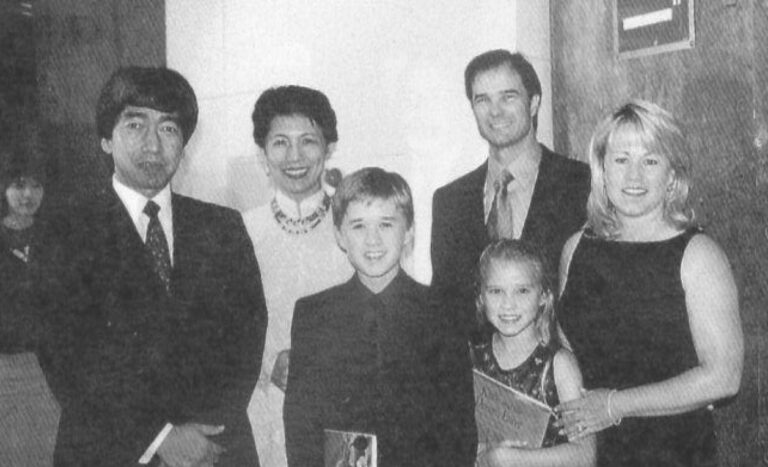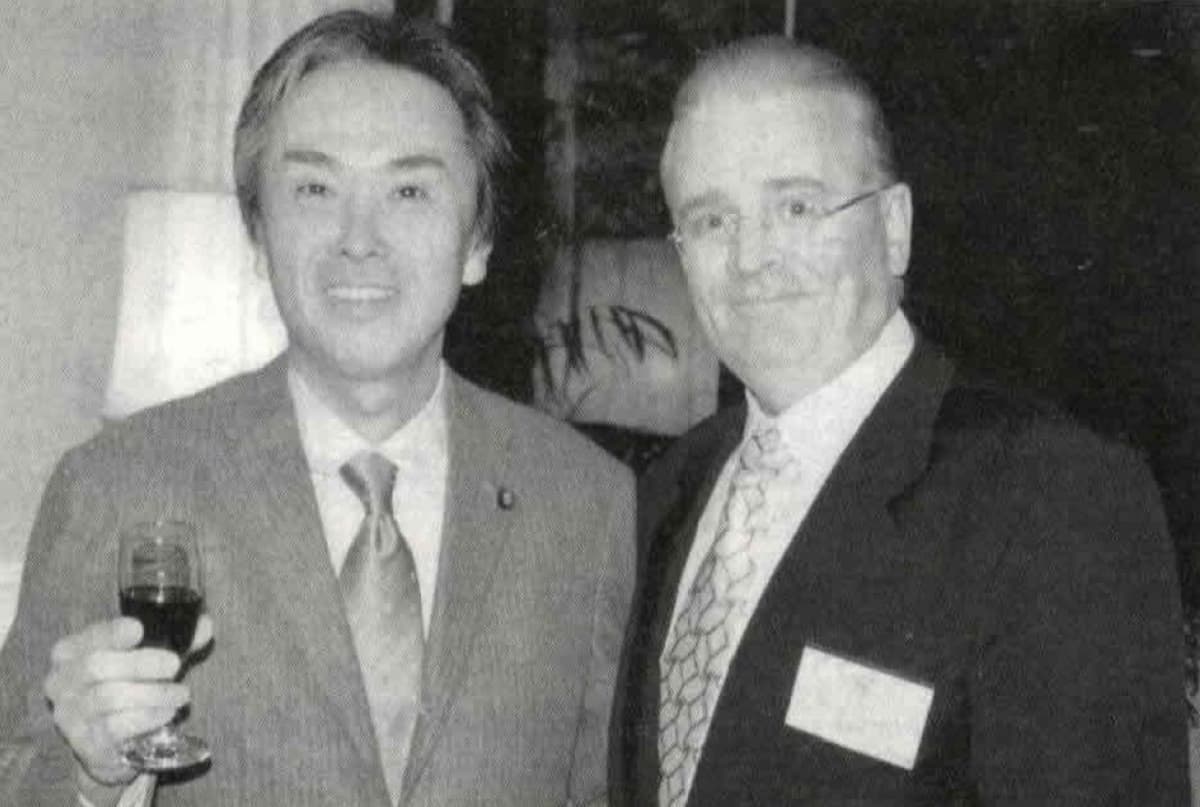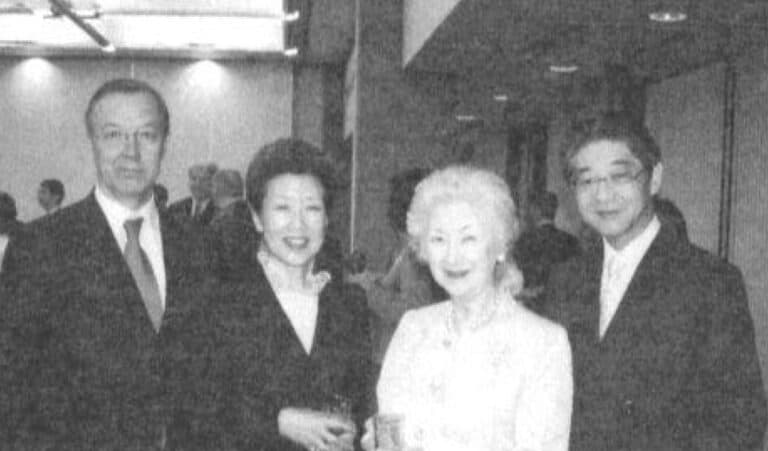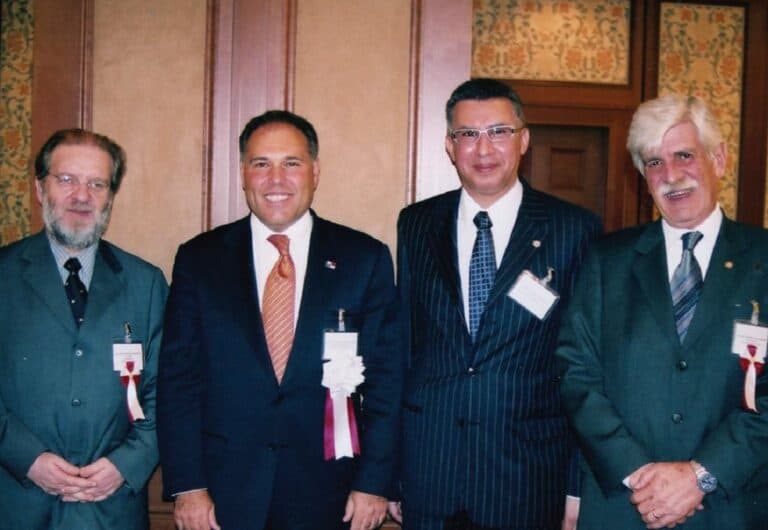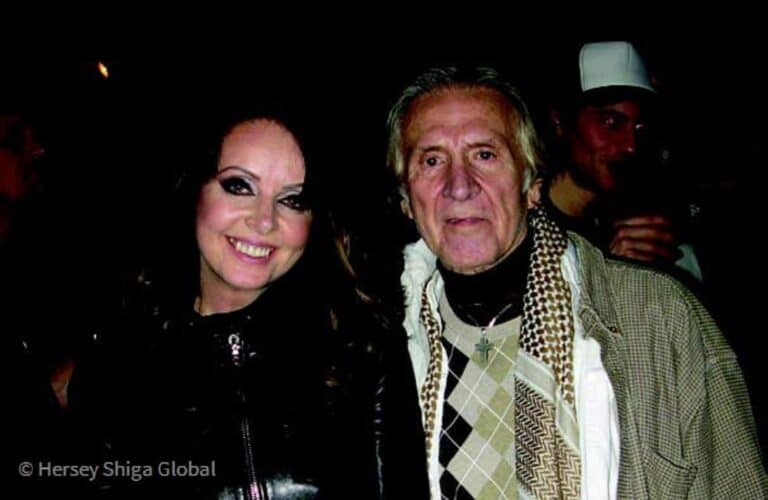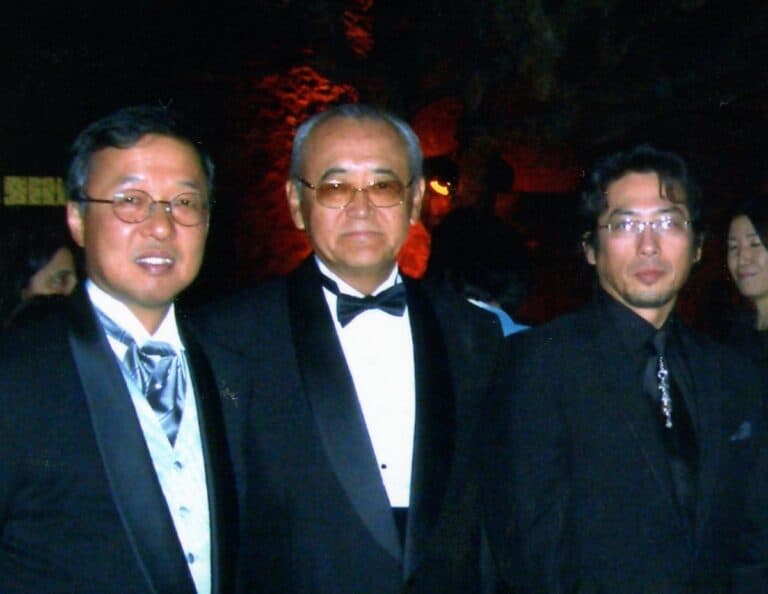TICAD 8 : Interview with H.E. Mr. Mohamed Elloumi, Ambassador of Tunisia to Japan
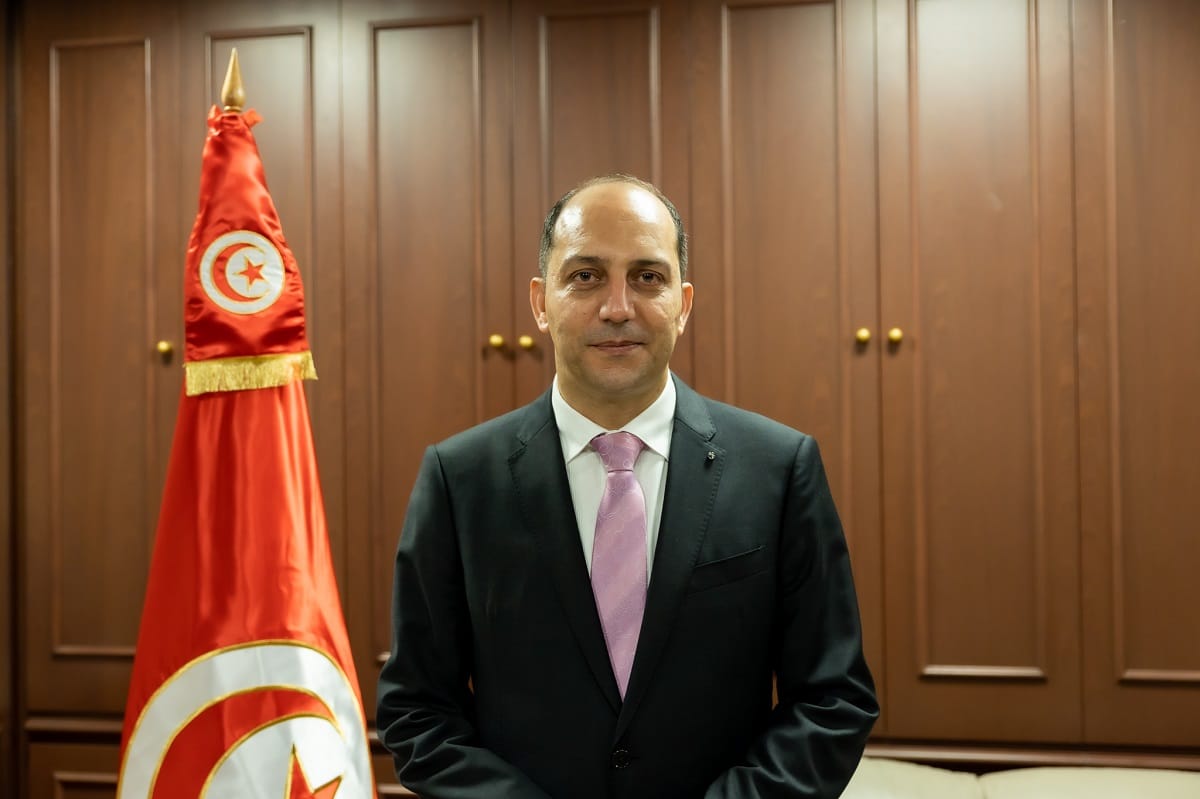
Characterized by a competitive economy, high-quality human resources, and a strategic location in the heart of the Mediterranean, Tunisia is a force to reckon with not only for Japan but for other countries in Africa and the Arab world.
As Tunisia gears up to host the Tokyo International Conference on African Development (TICAD) in August 2022, the Ambassador of the Republic of Tunisia to Japan, H.E. Mr. Mohamed Elloumi, takes us through the plans and processes to host this international conference as well as the Japan-Arab Business Forum.
In this interview, the Ambassador also highlights the strong pillars Tunisia was founded on, Tunisia’s mosaic richness, the similarities Tunisia and Japan share, and the promotion of Japanese initiatives in Tunisia.
How have you been coping with the on-going challenges of the global pandemic?
At the embassy, we did our best to overcome the ongoing challenges caused by the global pandemic, though it was difficult at the beginning.
It is a challenging situation for the entire diplomatic community and for every single country. Tunisia, when the pandemic started, was a member of the Security Council for the 2020-2021 term. And one of the initiatives that we took during our mandate within the Security Council was to present a resolution, together with France and that was adopted unanimously, to stop any single armed conflict, and dedicate all the efforts of the international community to combat the pandemic.
At the beginning, the situation in Tunisia was not very serious. I remember that I could come back with my family to Tunisia during the summer of 2020. It was almost as if nothing was there — people were not wearing masks and the situation was quite normal. But the peak was in the summer of 2021, and we had a really serious situation. The number of victims was comparable to that in southern Europe, Italy, and France, with the number of casualties between 200 and 300.
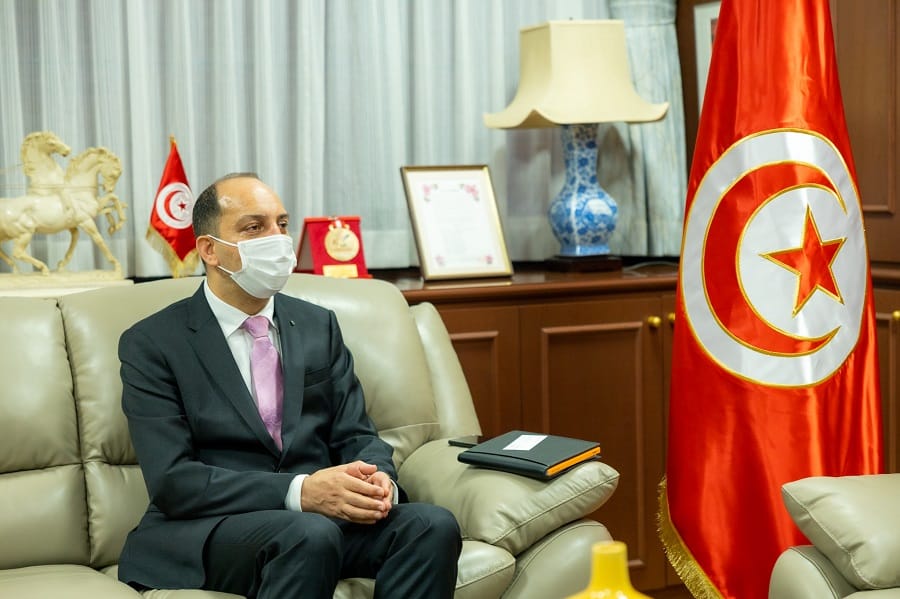
This is why we took the necessary measures to involve the army in the vaccination campaign. And fortunately, we did overcome the situation, and now it is back to normal. Some days, we don’t have a single case in Tunisia. Borders are open. Those who are vaccinated can enter the country without any restrictions. Those who haven’t been vaccinated only need a PCR test. And we have already received more than a million tourists coming from all over the world, especially from Europe.
As far as the embassy is concerned, we tried to adapt our activities as every embassy did here, and we discovered how important this new technology is. We could organize several conferences online, including the preparatory process of the TICAD 8 Summit (Tokyo International Conference on African Development) that will be held this summer in Tunisia. So many conferences were held virtually, whether with the Japanese government or within our respective groups. You know that we are part of the African Diplomatic Corps (ADC).
Tunisia was mentioned as the most competitive economy in Africa by the World Economic Forum. What distinguishes your economy and attracts Japanese commercial interest?
You may be aware that in December 2010, Tunisia hosted the second economic forum, Japan-Arab World. Because Tunisia is African and Arab-Mediterranean, we have different aspects within our civilization. And we have always been promoting and supporting Japanese initiatives toward our region. This is why Tunisia, in December 2010, was the first Arab country to host that forum in the region, among the Arab nations, and it was a very successful event. We received more than 100 Japanese representatives of the business community.
The Japan-Arab Business Forum is not a summit — it is at the ministerial level. At that time, the Japanese delegation was chaired by both the Minister of Foreign Affairs and METI (Ministry of Economy, Trade, and Industry) minister, with a strong business delegation. This time, we’re expecting Prime Minister Kishida to chair the Japanese delegation.
And as I mentioned earlier, we are preparing two major events. First, the plenary session, which is the summit of the heads of state and governments from Africa, together with Prime Minister Kishida, the Tunisian president, the co-organizer, the Secretary General of the United Nations, the director of UNDP, and the African Union chairmanship, which is Senegal this year. It will be a very important plenary session, and it will be held in the capital, in Tunis.
And the second-most important event is the business forum, which will be held in a major hotel. We are expecting strong Japanese business delegation visiting Tunisia, for opportunities in Tunisia as well as for triangular cooperation: Japan, Tunisia, and Africa.
As you mentioned, Tunisia has a very competitive economy, which is also challenging because of the impacts of the pandemic and also the war between Russia and Ukraine. In order to answer your question, the assets of our economy make Tunisia’s economy competitive.
This is very similar to Japan. Like Japan, Tunisia has no major natural resources. In Tunisia, we consider it a blessing from God. Because the fact that we have no major natural resources makes us like Japan, investing in human resources. The pillars of our development were chosen by the founder of the nation, the first Tunisian President Bourguiba. He founded Tunisia on three main pillars:
- First pillar: Education for everybody
- Second pillar: Health for everybody
- Third pillar: Women participation and leadership
These pillars are one of the assets of the Tunisian model.
The second asset is also a blessing from nature — Tunisia’s strategic location in the heart of the Mediterranean, which makes us a hub, kind of gateway to our partners, especially to Japan, to Europe, and to the Arab region, but also to Africa. You know that back in 1995, Tunisia was the first southern Mediterranean country to sign a free trade agreement with the European Union. So, Japanese companies already operate in Tunisia, and we are very grateful for their presence. Today, we have 22 Japanese companies operating in Tunisia, creating almost 8,000 employment positions. They are benefiting from both human resources — very talented people at a very competitive price — and Tunisia’s strategic location, which allows these companies to go to the African, European, and Arab markets.
The third asset is the possibilities of triangular cooperation. You know that Tunisia’s presence is very much appreciated in different African brotherly countries, especially French-speaking. When you talk to Burkina Faso, Mali, Senegal, Djibouti, and many other African brotherly countries, they really appreciate the Tunisian expertise. There are huge opportunities to get together with the Japanese companies in a win-win approach — in infrastructure projects as well as in health, new technology, renewable energy, and various sectors where we can build something together in these demanding countries.
Tunisia is famous for its mosaic art and ancient cultural artifacts. Could you tell us about this extraordinary artwork as well as current cultural-exchange projects you are working on this year?
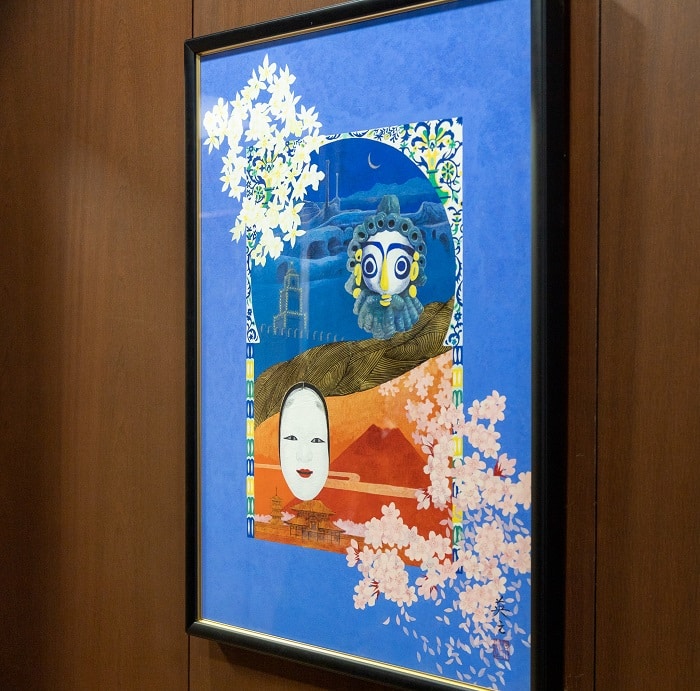
Actually, this richness of mosaic is part of our culture and civilization richness. Tunisia is an ancient civilization — Carthage was founded in 814 BC, as the first port by Phoenicians. Of course, in world history, our country plays a very important role, and the Japanese are very familiar with it — the Punic wars, Hannibal, etc. We take every opportunity to have our experts here speak about that part of our history to a well-educated, greatly interested Japanese audience.
The mosaics are currently located at the Bardo Museum in Tunis, one of the richest, if not the richest, collection of mosaics all over the world. One of them is the Triumph of Neptune mosaic, and we have a replica of that mosaic at the entrance of the embassy. I would like to extend an invitation to all Japanese interested in history and civilization to pay a visit to Bardo Museum. It will be our pleasure to have Japanese visiting Tunisia and discovering its richness.
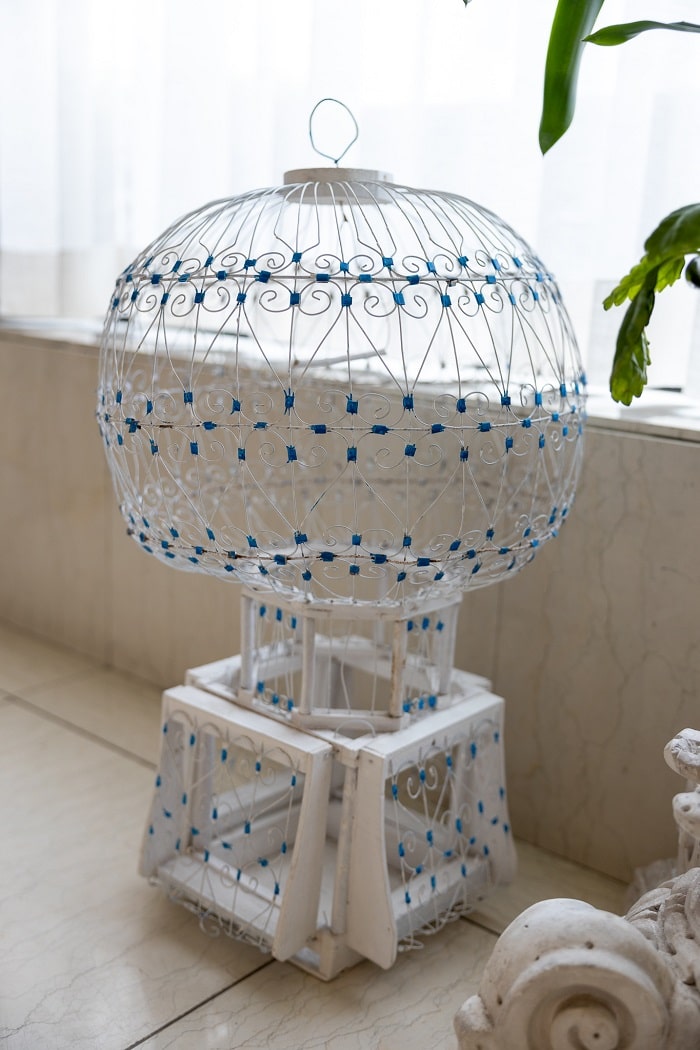
We also have seven World Cultural Heritage sites classified by UNESCO. These cultural sites reflect the richness of Tunisia, not only in the Carthage era but also when Tunisia was Roman (when Rome invaded Tunisia during the third Punic War, the northern part of Tunisia became Roman).
One of these cultural sites, the Dougga site in the northern part of Tunisia, is the best Roman site in very good shape in North Africa. But you also have other sites reflecting other eras of our civilization, including the Muslim era, for example, in Kairouan and Sousse — they’re old cities. The old city of Tunis is also a World Heritage site worth visiting for any historically-minded enthusiast.
We thank Ambassador Elloumi for this interview
Read also

